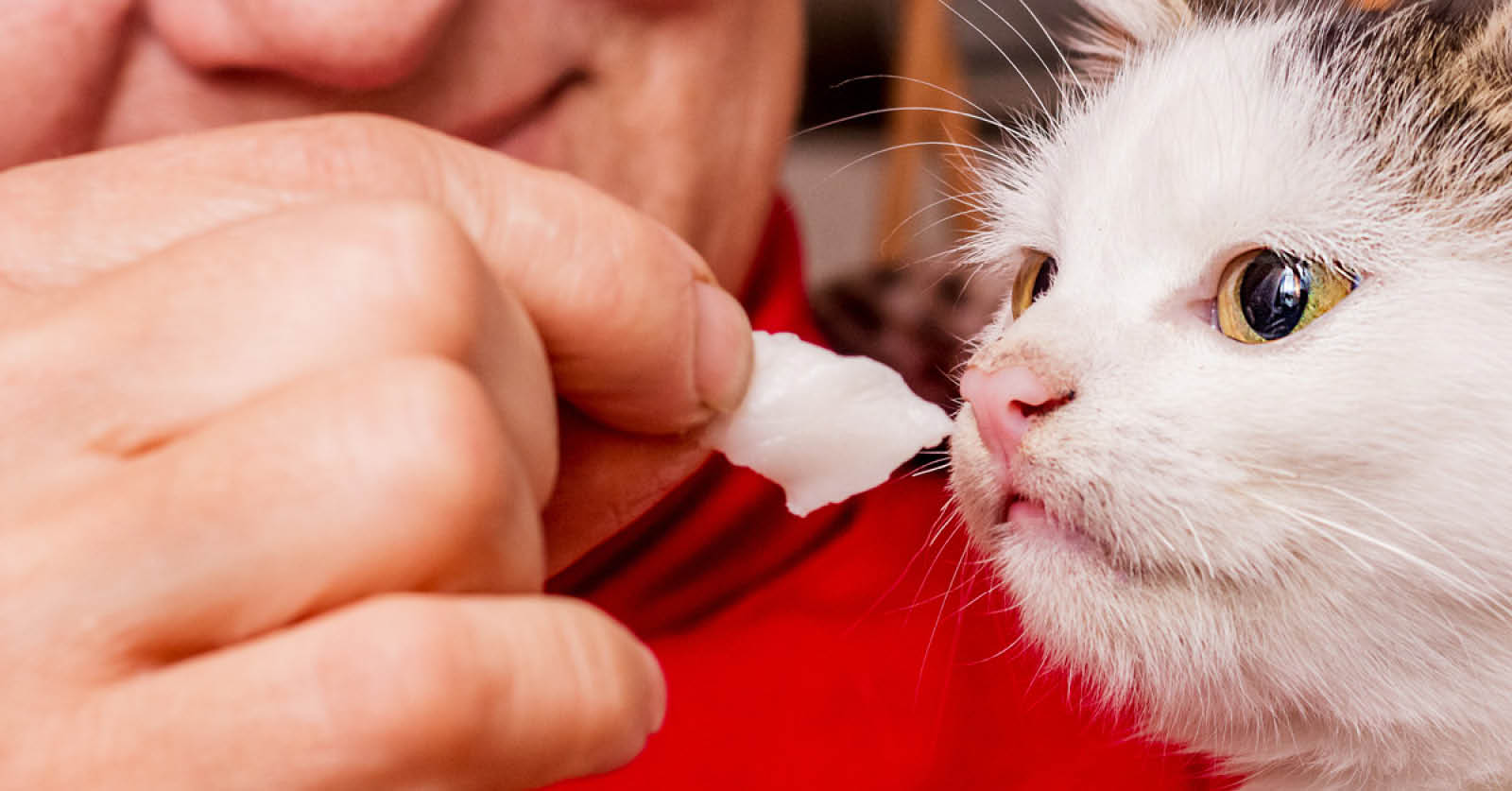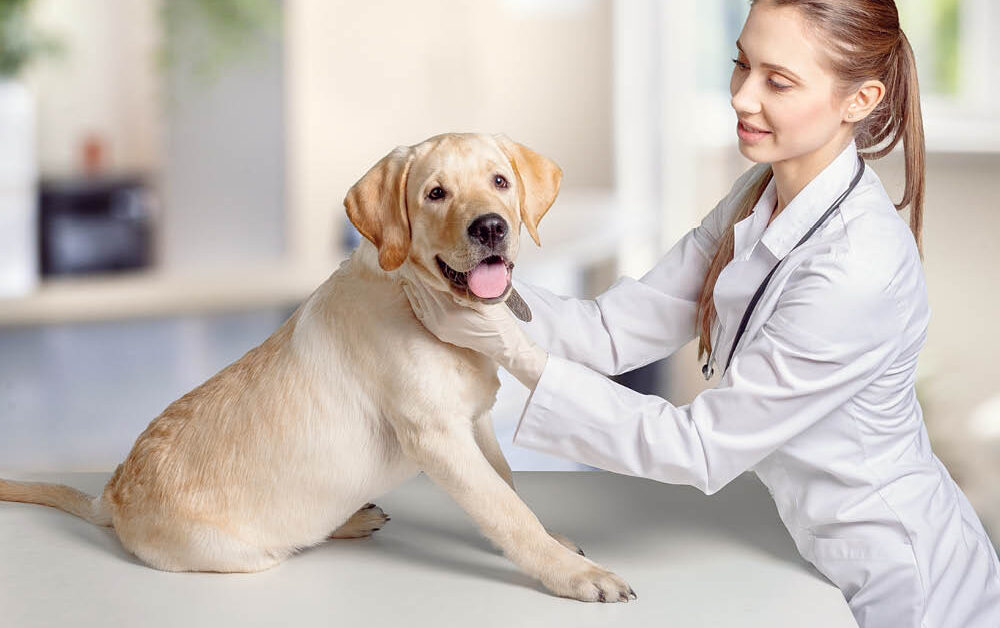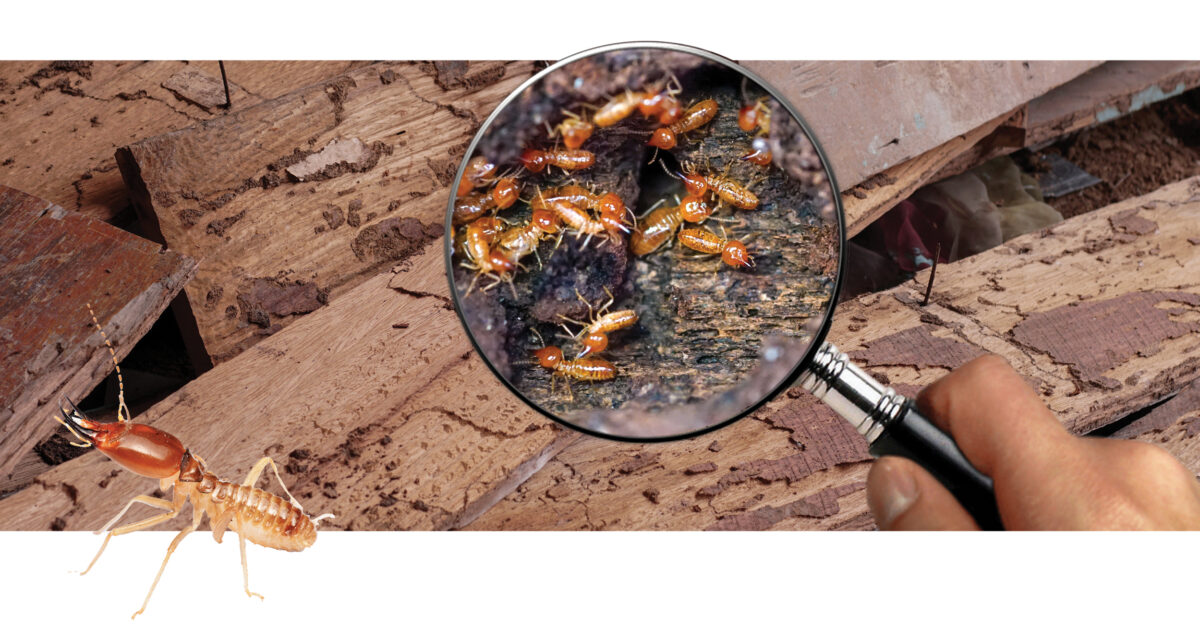
Animal Companionship Provides Benefits for Older Adults
September 2020
Caring for a Loved One
November 2020As much as you love your pet, as connected as you feel to them, you can’t read their mind. And since pets can’t talk, it can be difficult to detect when they aren’t feeling well. So how do you know when they need to see a veterinarian?
“Not only can your pet not tell you if they have a health problem, most species instinctively hide their symptoms because they do not want to appear injured or weak,” explains Dr. Jae Chang, veterinarian with Prien Lake Animal Hospital.
Dr. Chang says although warning signs and symptoms of a health problem vary between species, there are some changes that can signal a potential health problem in the most common household pets, dogs and cats. These include:
- Change in eating habits
- Drinking a lot more or less than usual
- Difficult or rapid breathing
- Vomiting
- Changes in “bathroom” habits
- Rashes or other skin or hair changes
- Lethargy or lack of energy
- Poor balance or difficulty walking
- Irritated, watery or red eyes
- Whining or wincing
- Aggressiveness
- Other unusual behavior
While knowing these symptoms can be useful, if you are concerned about your pet’s health at any time, it’s best to take them to see a veterinarian,” says Dr. Chang.
The challenge of identifying health problems in a pet is the reason routine veterinary care is essential to helping pets live a long, healthy life, according to Dr. Chang.
He provides these general guidelines for veterinary care:
Annual Health Exams
Pets age more quickly than humans, making annual exams even more critical for preventing disease, injury, and pain. By establishing a baseline medical history for your pet, your veterinarian will be able to identify any abnormal changes in your pet’s health and begin treatment right away. Older pets may need more frequent exams.
Vaccinations
Just like human children, kittens, puppies, and several other types of pets need a variety of shots to protect them from potentially fatal diseases. Vaccinations can start as early as six weeks for some, and re-vaccinations are needed for certain diseases. Your veterinarian will be able to give you the best vaccination schedule for your pet.
Spay or Neuter
In addition to preventing unwanted litters, spaying (females) or neutering (males) also has health benefits. These procedures may help modify behaviors that can make animals restless or aggressive and can even help prevent some cancers and other diseases. Depending on the species, this procedure can be done as early as eight weeks of age.
Heartworm Prevention
Heartworm disease can be fatal, so prevention is essential. Your pet should be given a blood test for heartworms at least once a year. Although heartworm disease occurs more frequently in dogs, other animals can contract them, too. We recommend your dog, cat, or ferret be given a heartworm preventative all year.
Flea and Tick Prevention
Fleas and ticks are not just irritating to your pet; they also carry many dangerous diseases. Your vet can provide the treatment and products to protect your pet and advise you on how to safely treat infestations in your home and yard.
Dental Exams
Dental exams are performed during annual health checkups to help prevent tooth decay, bad breath, gum disease, and infections that can lead to major illness and discomfort. Animals should get their teeth cleaned, just like people. Your veterinarian will be able to make individual recommendations based on their evaluation of your pet.
For more information about pet care, call Prien Lake Animal Hospital at 474-1526 or visit PrienLakeAnimalHospital.com.






